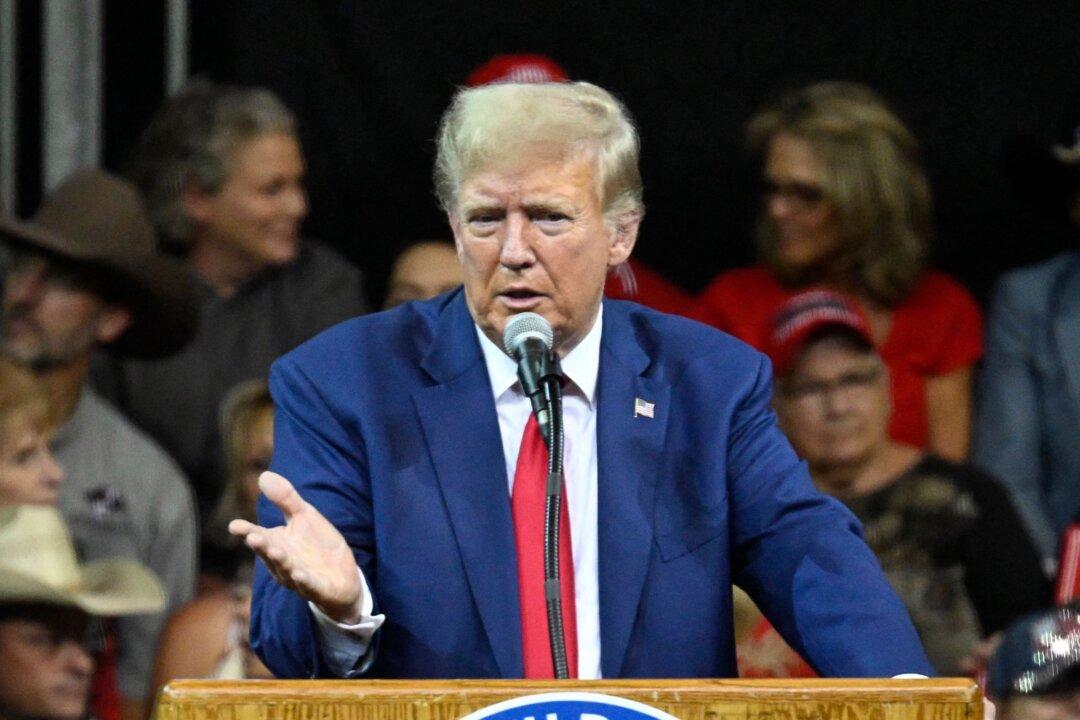One week after a Colorado lawsuit was filed to try to keep Donald Trump off any ballot, a liberal group is seeking to do the same in Minnesota.
Former President Trump has been campaigning actively for a chance at the 2024 presidential race, and has been leading the GOP field by far. He’s maintained a double-digit lead since he announced his campaign last November, which has only grown as the candidate has been indicted four times and named in several more civil suits, most of which have to do with his actions in office as president.





